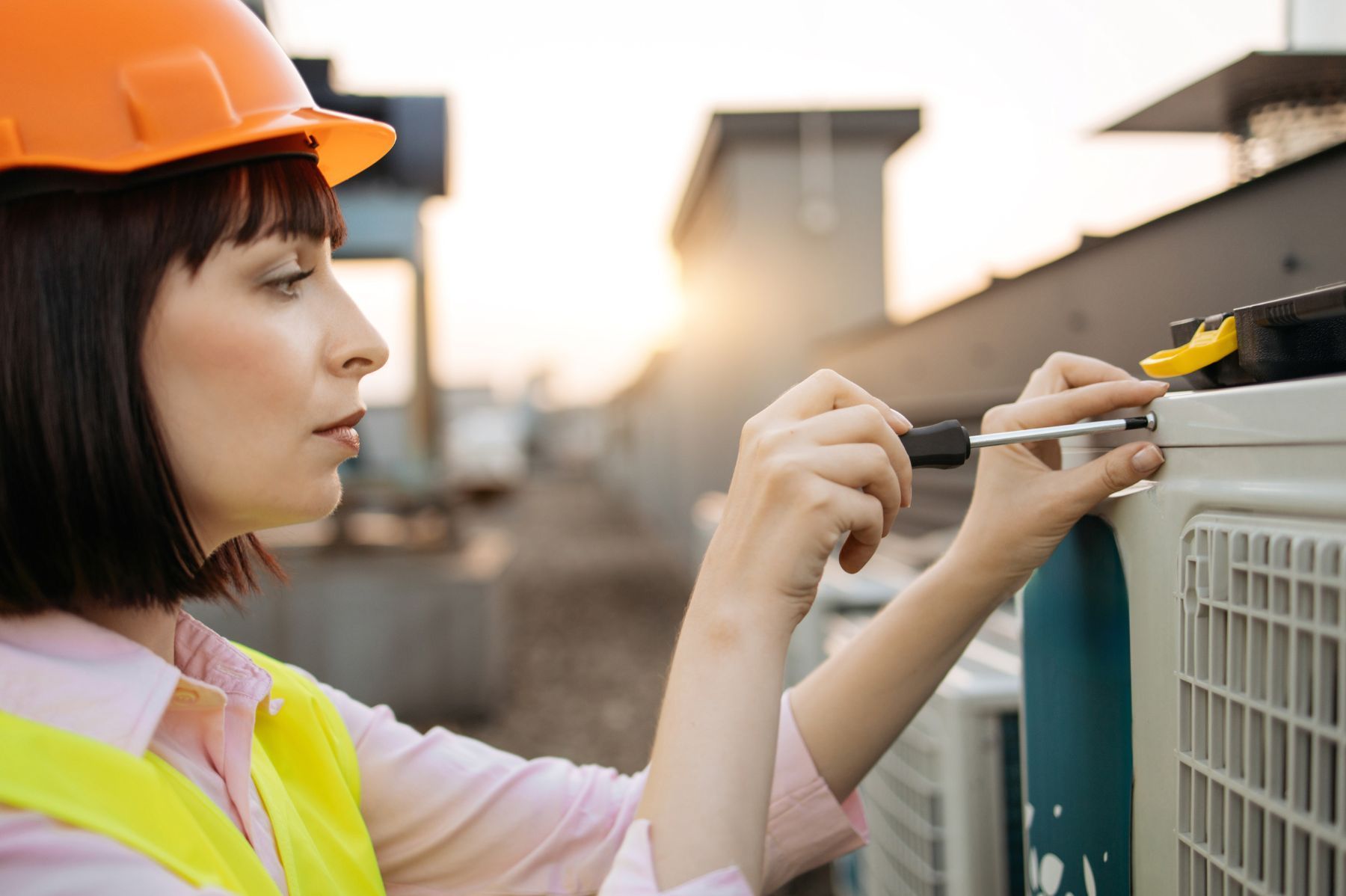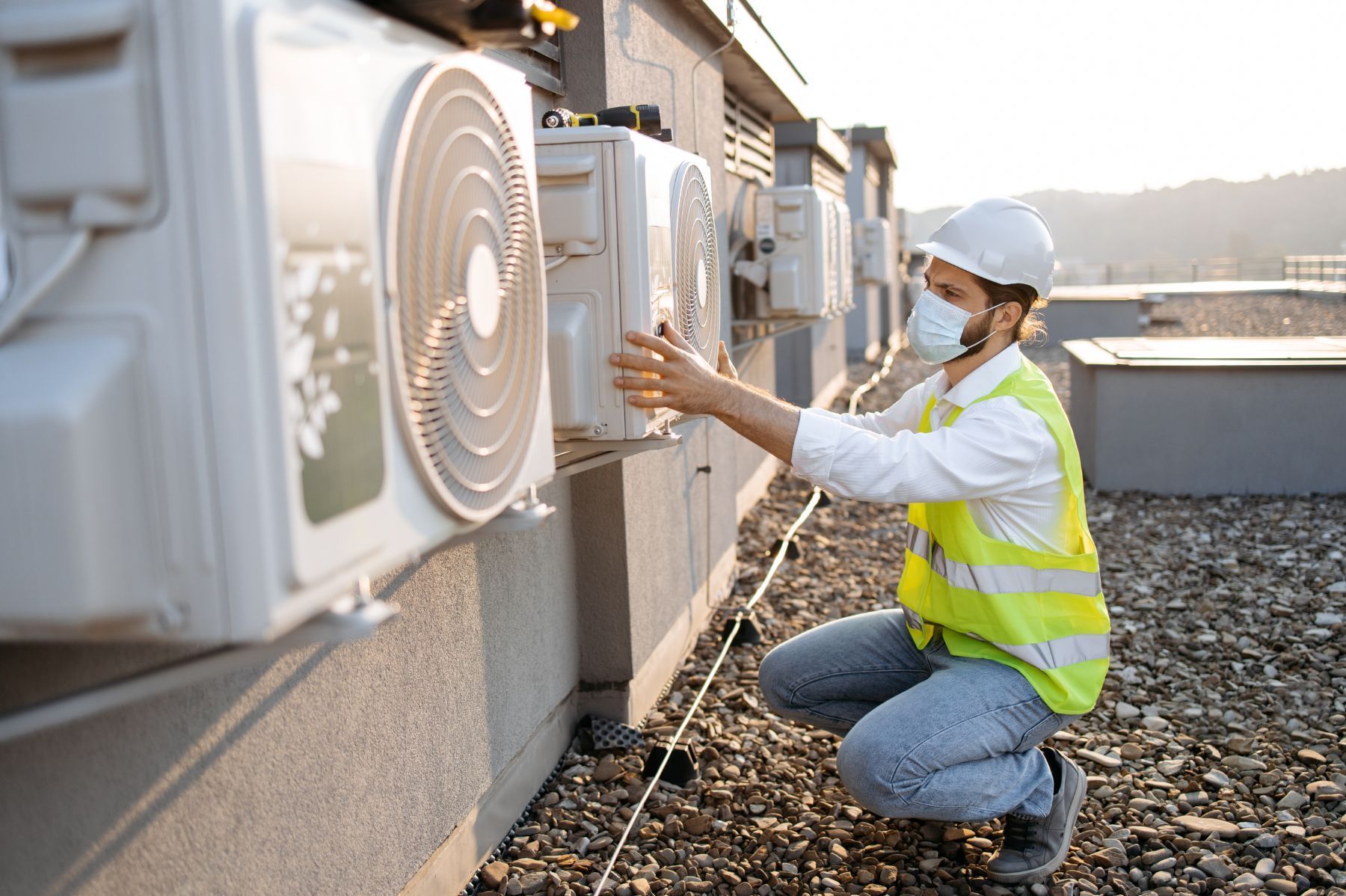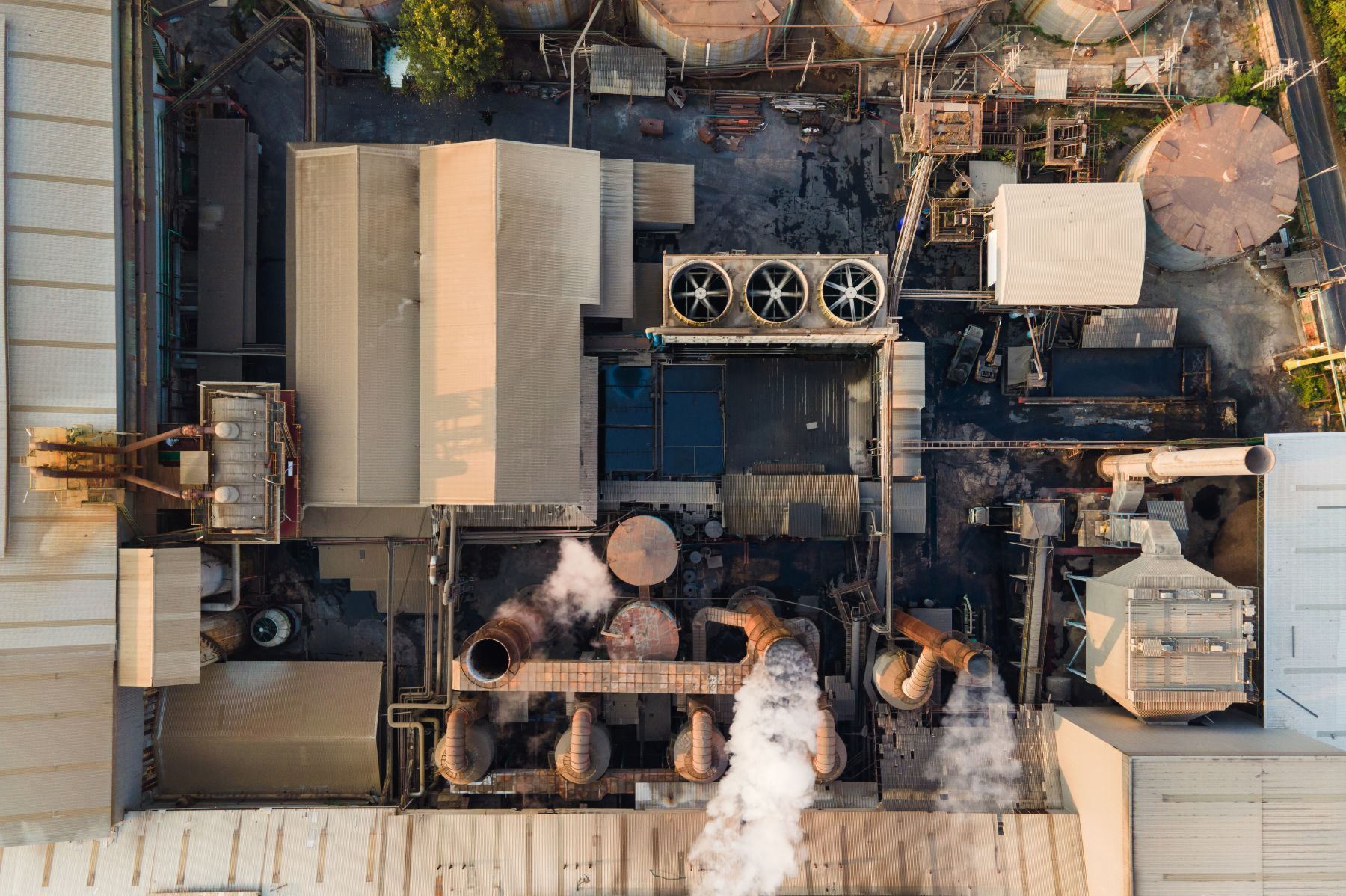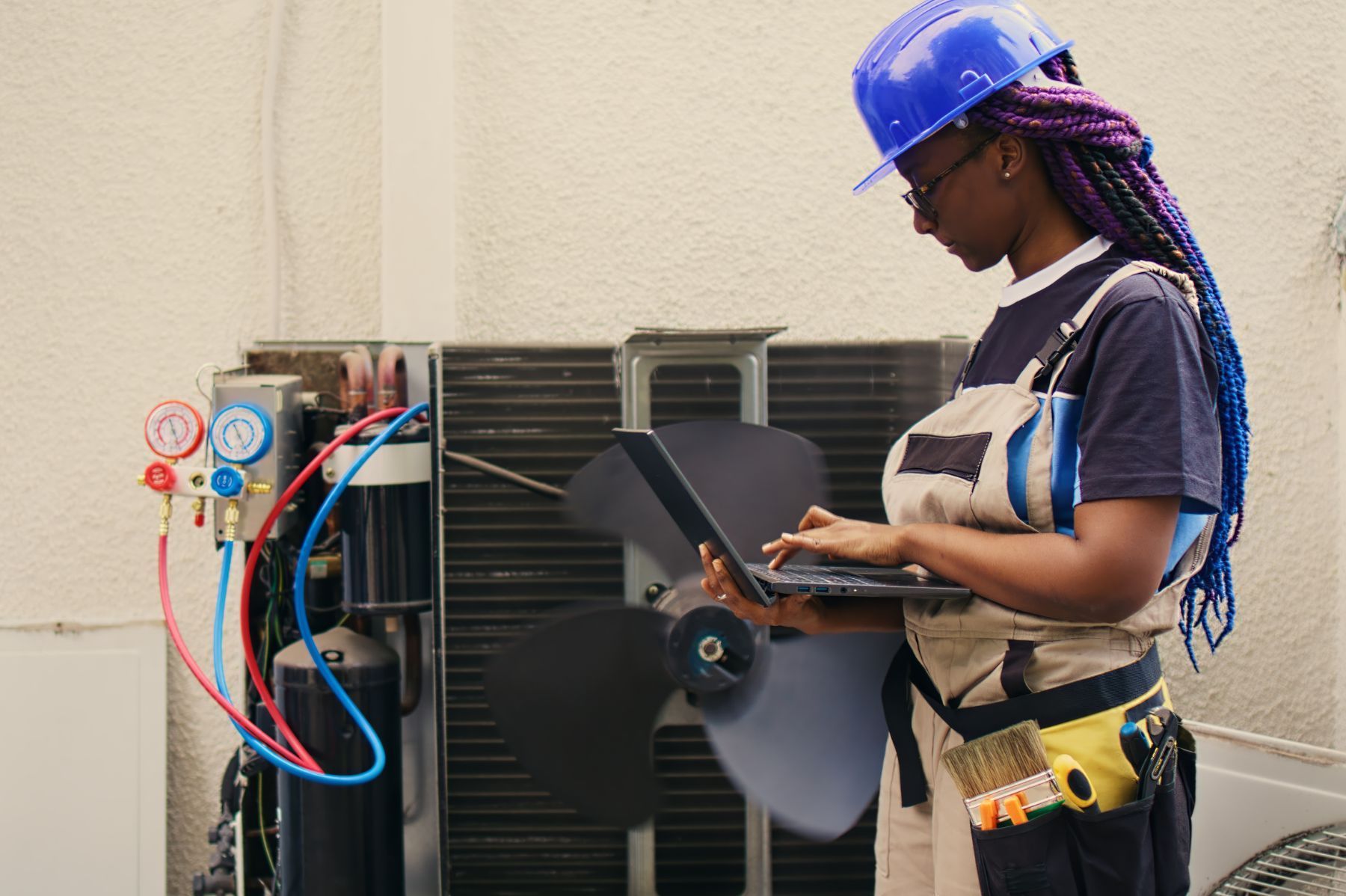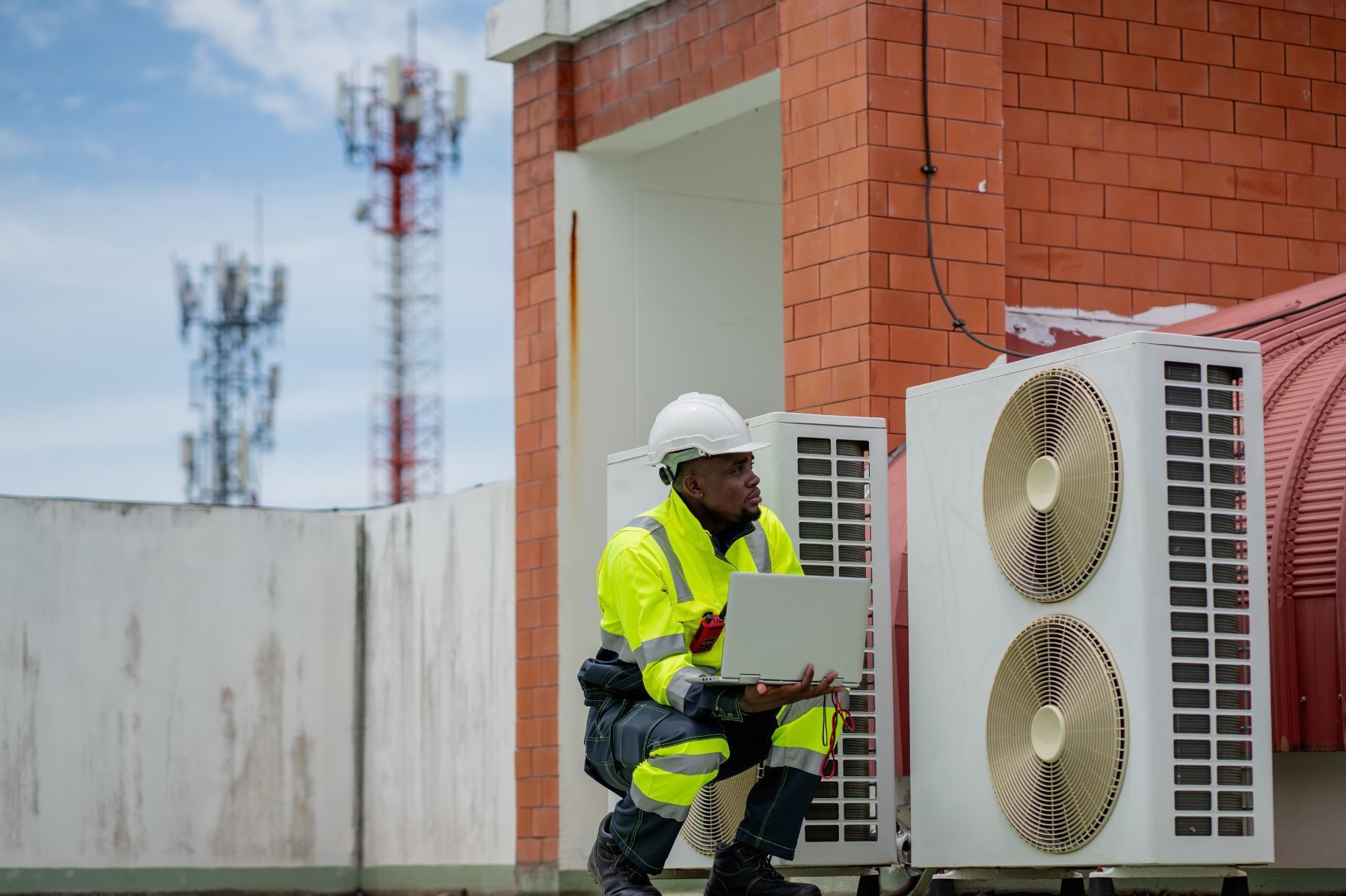The Real Cost of Skipping Coverage: HVAC Contractor Horror Stories
See How We're Different
or call us: (469) 678-8001

In the world of HVAC contracting, insurance is often seen as just another expense—one that can be cut to save money. However, the true cost of skipping coverage can be devastating. From crippling lawsuits to lost business opportunities, the risks far outweigh the premiums. HVAC contractors operate in a high-stakes environment where accidents, equipment failures, and customer dissatisfaction can lead to significant financial and reputational damage. This article dives deep into the real consequences of forgoing insurance coverage, illustrated by cautionary tales and backed by industry insights.
Understanding the financial implications is crucial. For example, HVAC liability insurance premiums typically range from just 1% to 3.5% of annual revenue, a relatively small price for peace of mind in a volatile industry (contractornerd.com).
Why Some HVAC Contractors Risk It All by Skipping Insurance
Many HVAC contractors underestimate the value they bring to their customers and, consequently, limit their pricing and investment in protective measures like insurance. This mindset can lead to a dangerous cycle where saving on insurance premiums seems like an easy way to boost profits, but it actually exposes the business to catastrophic risk.
Industry experts note that contractors often base their pricing on perceived self-worth rather than the true value delivered to customers. This undervaluation can translate into underinvestment in insurance coverage, leaving the business vulnerable to claims and lawsuits that could have been easily avoided (contractingbusiness.com).
For many, the decision to skip insurance is a gamble that rarely pays off. The upfront savings are quickly overshadowed by the costs of legal fees, settlements, and damage to reputation when something inevitably goes wrong.
Moreover, the HVAC industry is fraught with potential hazards, from equipment malfunctions to accidents on job sites. Without insurance, contractors not only jeopardize their financial stability but also their employees' safety. A single incident could lead to significant medical expenses or even long-term disability claims, which could cripple a business that is already operating on thin margins. Additionally, clients are increasingly aware of the importance of hiring insured contractors, often viewing insurance as a non-negotiable requirement. This shift in customer expectations means that those who choose to forgo insurance may find themselves losing out on valuable contracts.
Furthermore, the competitive landscape of the HVAC industry can exacerbate the risks associated with skipping insurance. As contractors vie for jobs, the temptation to underbid competitors can lead to cutting corners in various aspects of the business, including safety protocols and insurance coverage. This not only puts the contractor at risk but can also compromise the quality of service provided to customers. In a world where online reviews and word-of-mouth can make or break a business, maintaining a solid reputation is crucial. Contractors who neglect insurance may find themselves facing not only financial repercussions but also a tarnished image that can take years to rebuild.
Horror Stories: When Lack of Coverage Turns Disastrous
Unexpected Accidents and Liability Claims
One of the most common nightmares for uninsured HVAC contractors involves accidents on the job site. Whether it’s a slip and fall, property damage, or faulty installation leading to injury, the financial consequences can be overwhelming. Without liability insurance, contractors must cover medical bills, legal fees, and potential settlements out of pocket, often leading to bankruptcy.
Consider the case of a contractor who installed a heating system that malfunctioned during a cold snap, causing water damage to a homeowner’s property. The homeowner sued for damages and lost income due to displacement. Without insurance, the contractor faced a multi-thousand-dollar payout that wiped out months of earnings.
Such scenarios are not isolated incidents. In fact, many contractors find themselves in similar predicaments, often due to unforeseen circumstances that spiral out of control. For instance, a contractor might be working on a rooftop unit when a sudden gust of wind causes a tool to fall, injuring a passerby. The contractor, unprotected by insurance, could be liable for the injured party's medical expenses and lost wages, leading to a financial disaster that could have been avoided with proper coverage. This highlights the importance of not only having insurance but also being aware of the potential risks associated with the job.
Equipment Failures and Safety Concerns
Homeowners are particularly sensitive to the reliability and safety of their HVAC systems. Studies show that approximately 47% of homeowners are primarily concerned about losing heating or cooling during critical times, while about 19% worry about safety hazards from HVAC breakdowns (fieldboss.com).
When HVAC contractors fail to carry adequate coverage, they risk being held liable for damages caused by equipment failure or unsafe installations. These incidents can lead to costly lawsuits and damage to the contractor’s reputation, which is often impossible to recover from without insurance backing.
Moreover, the implications of equipment failure can extend beyond immediate financial loss. A contractor who neglects to maintain proper insurance may find themselves facing not only legal repercussions but also a significant decline in future business opportunities. Homeowners tend to share their experiences, and a single negative encounter can ripple through the community, resulting in a loss of trust that can take years to rebuild. This is particularly critical in an industry where word-of-mouth referrals are invaluable for growth and sustainability.
Lost Business Due to Lack of Trust and Reviews
Trust is everything in the HVAC industry. A staggering 91% of homeowners consider online reviews important when choosing a contractor (achrnews.com). Contractors who operate without insurance risk losing customer confidence, especially when potential clients learn about their lack of coverage.
Moreover, 73% of homeowners select their HVAC contractor by contacting the same company they have used before, emphasizing the importance of maintaining a strong, trustworthy reputation (achrnews.com). Without insurance, a single incident can tarnish a contractor’s reputation, leading to lost repeat business and negative reviews that deter new customers.
The digital age has made it easier than ever for consumers to share their experiences, both good and bad. A contractor's lack of insurance can quickly become a talking point in local forums or social media groups, where potential clients gather to seek recommendations. In a market where competition is fierce, the ability to showcase a solid reputation backed by insurance can be the deciding factor for many homeowners. Contractors who fail to recognize this risk may find themselves not only losing current clients but also struggling to attract new ones, ultimately jeopardizing their entire business model.
The True Cost of HVAC Insurance: What Contractors Should Expect
Many HVAC contractors hesitate to invest in insurance due to concerns about cost. However, understanding the actual pricing landscape can help dispel myths and encourage better risk management.
In Texas, for example, HVAC contractors can expect to pay starting costs averaging $75-150 per month for basic coverage, with full protection packages typically running $200-400 monthly (allenthomasgroup.com). When compared to the potential financial devastation of a single lawsuit or claim, these premiums are a modest investment.
Liability insurance premiums generally range from 1% to 3.5% of annual revenue, making it a manageable expense even for smaller contractors (contractornerd.com).
Coverage Types That Matter Most
Contractors should focus on comprehensive policies that cover general liability, workers’ compensation, equipment damage, and professional liability. These coverages protect against a broad spectrum of risks, from bodily injury claims to errors in installation and equipment failure.
Failing to secure adequate coverage in these areas can lead to significant out-of-pocket expenses, legal battles, and even the closure of the business. For instance, if a technician accidentally damages a client's property while performing maintenance, the costs of repairs could quickly escalate into thousands of dollars. Moreover, if an employee is injured on the job and the contractor lacks workers' compensation insurance, the financial burden of medical expenses and lost wages falls entirely on the contractor, which can cripple a small business.
Additionally, many insurance providers offer specialized policies tailored to the HVAC industry. These policies can include coverage for specific tools and equipment, which are essential for daily operations. Given the high cost of HVAC equipment, having insurance that covers theft or damage can be a lifesaver for contractors. Furthermore, some insurers provide risk management resources that help contractors implement safety protocols, reducing the likelihood of incidents and claims, ultimately leading to lower premiums over time.
Communication and Customer Concerns: Beyond Price
While insurance is critical, communication with customers about coverage and safety is equally important. Many HVAC contractors overlook this aspect, leading to misunderstandings and dissatisfaction.
Research indicates that poor communication—not price—is often the real problem in HVAC service relationships. Homeowners worry about losing heating or cooling during critical times and safety hazards, so contractors who proactively address these concerns build trust and loyalty (fieldboss.com).
By explaining insurance coverage and safety protocols upfront, contractors can differentiate themselves and justify their pricing, reinforcing the value they deliver.
Moreover, effective communication extends beyond just the initial conversation; it involves ongoing engagement throughout the service process. Regular updates about the status of repairs or installations can alleviate customer anxiety, especially during peak seasons when HVAC systems are under the most stress. For instance, if a contractor encounters an unexpected delay, promptly informing the customer can prevent frustration and foster a sense of partnership. This transparency not only enhances customer satisfaction but also encourages referrals, as happy clients are more likely to recommend services to friends and family.
Additionally, contractors should consider utilizing various communication channels to reach their customers effectively. Whether through phone calls, text messages, or email updates, providing multiple avenues for interaction can cater to different preferences and ensure that vital information is conveyed. By embracing technology, such as customer relationship management (CRM) systems, contractors can streamline their communication efforts, keeping track of customer interactions and preferences, which ultimately leads to a more personalized service experience. This level of attentiveness can set a contractor apart in a competitive market, reinforcing the idea that they are not just service providers, but trusted advisors in home comfort and safety.
Conclusion: Insurance Is Not an Expense, It’s an Investment
Skipping insurance coverage might seem like a way to cut costs in the short term, but the horror stories from uninsured HVAC contractors reveal the true price of that decision. From costly lawsuits and damaged reputations to lost business and financial ruin, the risks are simply too great.
Investing in the right insurance policies protects contractors, their employees, and their customers. It also builds credibility and trust in a competitive market where 91% of homeowners rely on online reviews and 73% prefer repeat contractors.
Ultimately, insurance is not just an expense—it’s a vital investment in the longevity and success of an HVAC contracting business.

